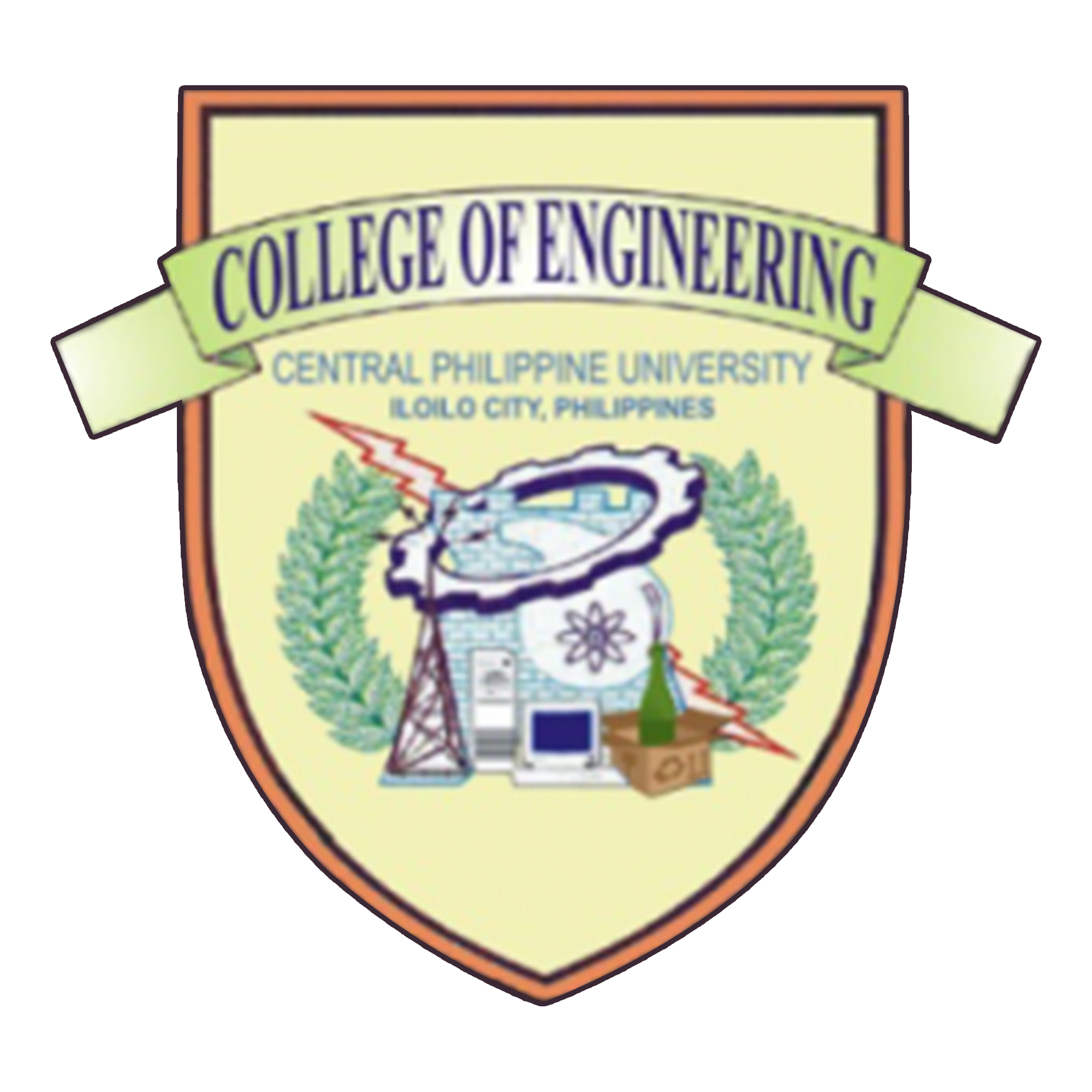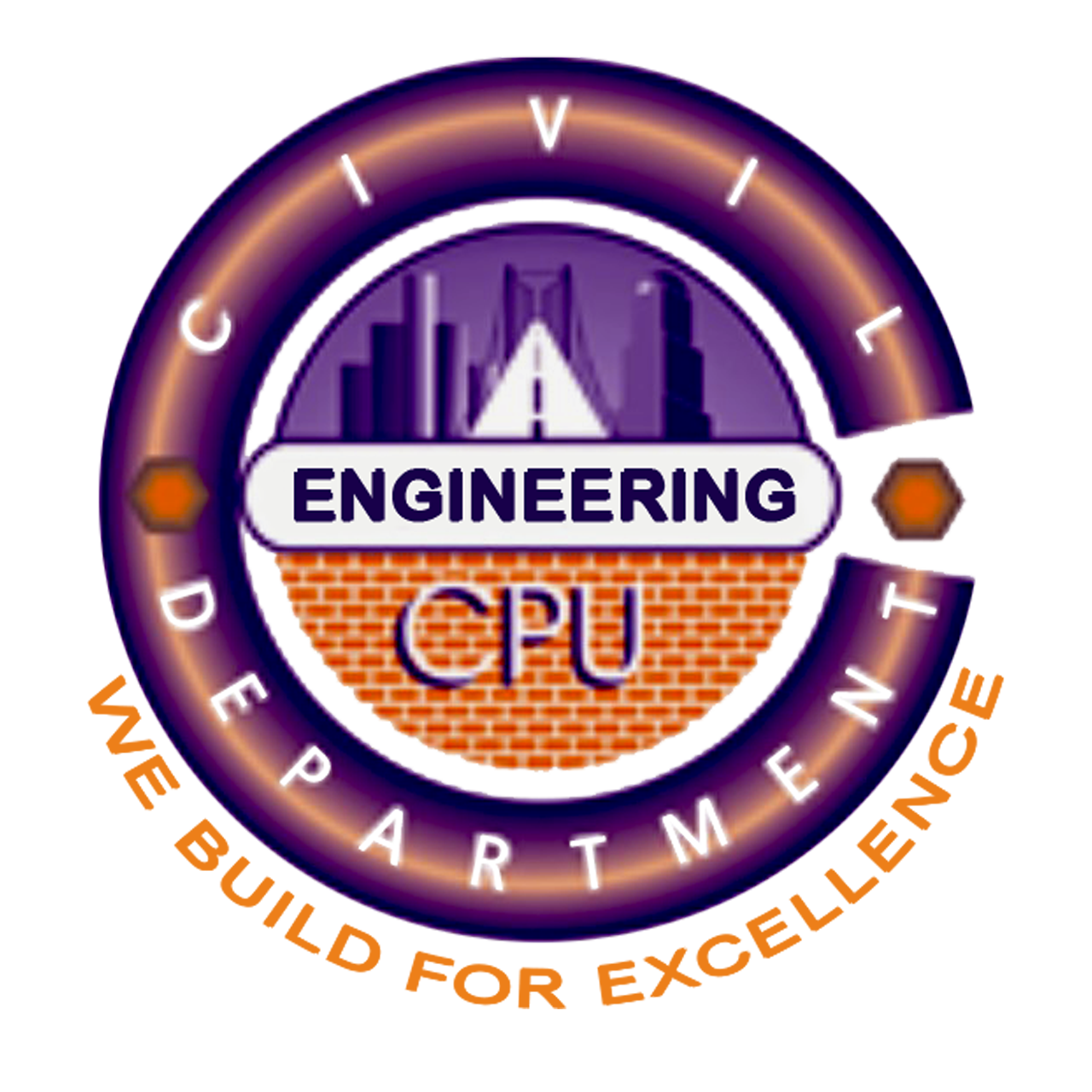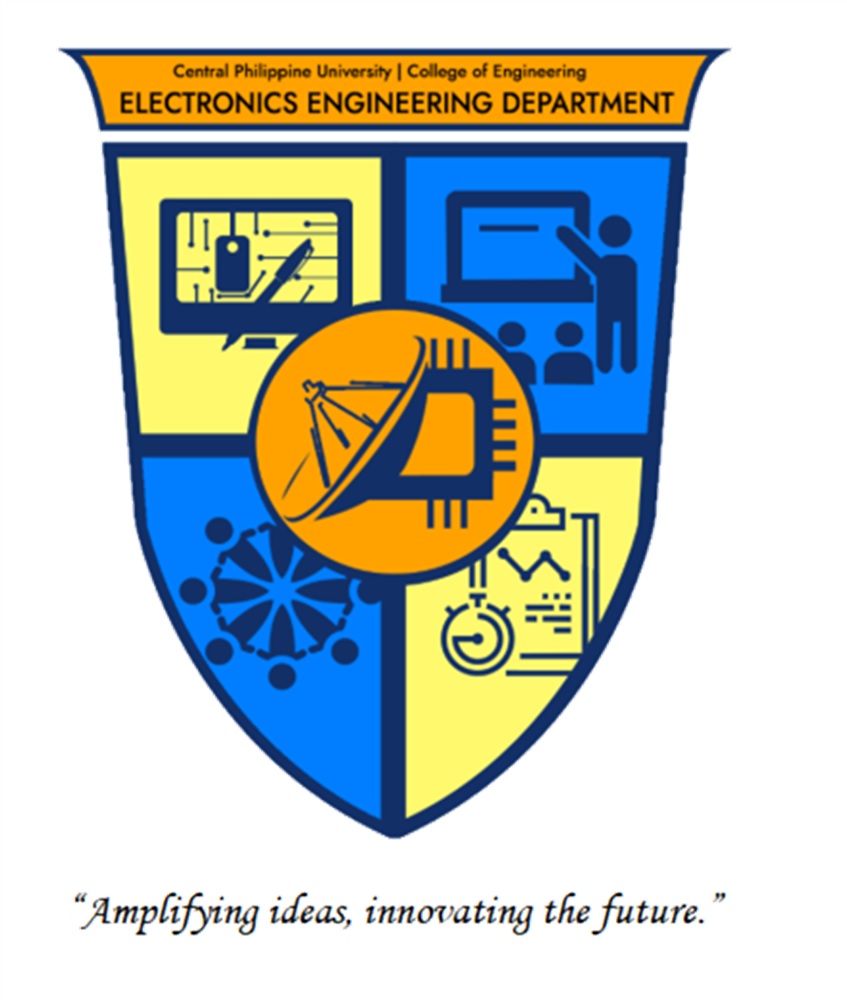Mechanical Engineering
Overview
Mechanical Engineering is one of the oldest and broadest branches of engineering. The American Society of Mechanical Engineers (ASME) defines it as “a profession that concerns itself with mechanical design, energy conversion, fuel and combustion technologies, heat transfer, materials, noise control and acoustics, manufacturing processes, rail transportation, automatic control, product safety and reliability, solar energy and technological impacts to society. Mechanical Engineers study the behavior of materials when forces are applied to them, such as the motion of solids, liquids, gases, and heating and cooling of objects and machines. Using these basic building blocks, engineers design space vehicles, computers, power plants, intelligence machines and robots, automobiles, trains, airplanes, furnaces and air conditioners. Mechanical engineers work on jet engine design, submarines, hot air balloons, textiles and new materials, medical and hospital equipment, and refrigerators and the home appliances. Anything that is mechanical or must interact with another machine or human being is within the broad scope of today’s and tomorrow’s mechanical engineer.”
The above definition is a comprehensive one, however, only some of its elements may be covered in the undergraduate level.

Career Options
The Task Force strongly suggests that in the selection of new elective courses or in the design of a concentration or tracking, the school considers the thrust of industrial development in their locality or region. Furthermore, the new mechanical engineering curriculum includes a senior design or thesis project that addresses the specific needs of the communities where the schools are located. After completion of the program, the graduates can go into the following career options:
1. Operations
2. Maintenance
3. Design and Consultancy
4. Production
5. Education
6. Entrepreneurship
7. Management and Supervision
8. Sales and Marketing
9. Research and Development







